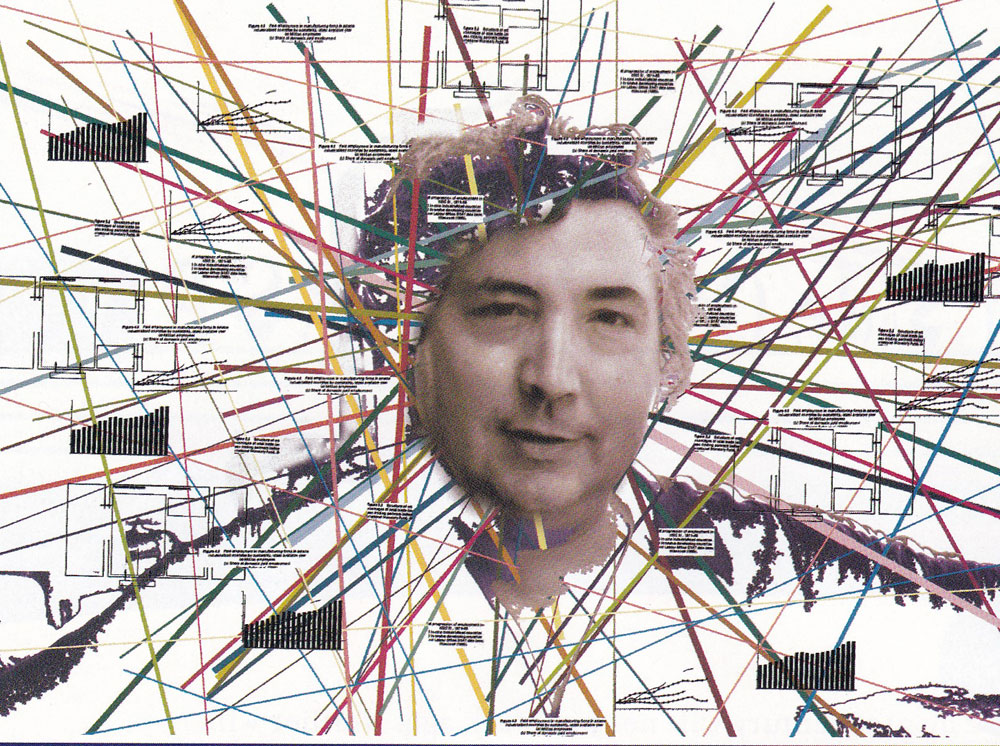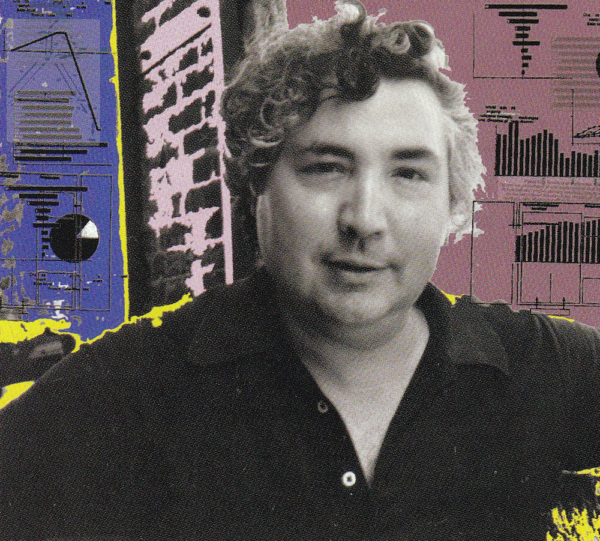 “The illusion we can live on a wonderful, shrinking planet, and ignore the 40 percent of the population hardly surviving with less than two dollars a day, is simply self-denial. Epidemics, wars, terrorism and moral outrage will reach us in our protected world.”
“The illusion we can live on a wonderful, shrinking planet, and ignore the 40 percent of the population hardly surviving with less than two dollars a day, is simply self-denial. Epidemics, wars, terrorism and moral outrage will reach us in our protected world.”
This interview by John Gerstner ABC, first published in the March 1999 issue of Communication World, dissects Castells’ 1,500-page encyclopedic trilogy, The Information Age: Economy, Society and Culture, published in 1998. Castells has been described by The Economist as “the first significant philosopher of cyberspace.” Castells’ latest book is The Internet Galaxy.
“The 21st century will not be a dark age. Neither will it deliver to most people the bounties promised by the most extraordinary technological revolution in history. Rather, it may well be characterized by informed bewilderment.”
“It is indeed, brave or not, a new world.”
“The glut-of-information idea is simply a primitive, misleading, cheap shot of neo-Luddites. There can never be enough information.”
Could there be any connection between the amazing rise of global information technology and…
-
…the alarming increase in the sexual exploitation of children?
-
The spread of U.S. militia hate groups and religious fundamentalism?
-
The radical destruction of the patriarchal family?
-
The menacing rise of illegal drug and weapons trafficking by global crime syndicates?
-
The gross income inequality between the world’s richest and poorest nations?
-
The alarming and rising number of adults under correctional supervision?
-
The overwhelming sense of confusion in the Information Age?

 Because networks are infinitely adaptable organisms with no center and no geographic boundary, they are more powerful than any company, institution or government. “This means the main political arena is now the media, and the media are not politically answerable,” says Castells.
Because networks are infinitely adaptable organisms with no center and no geographic boundary, they are more powerful than any company, institution or government. “This means the main political arena is now the media, and the media are not politically answerable,” says Castells.